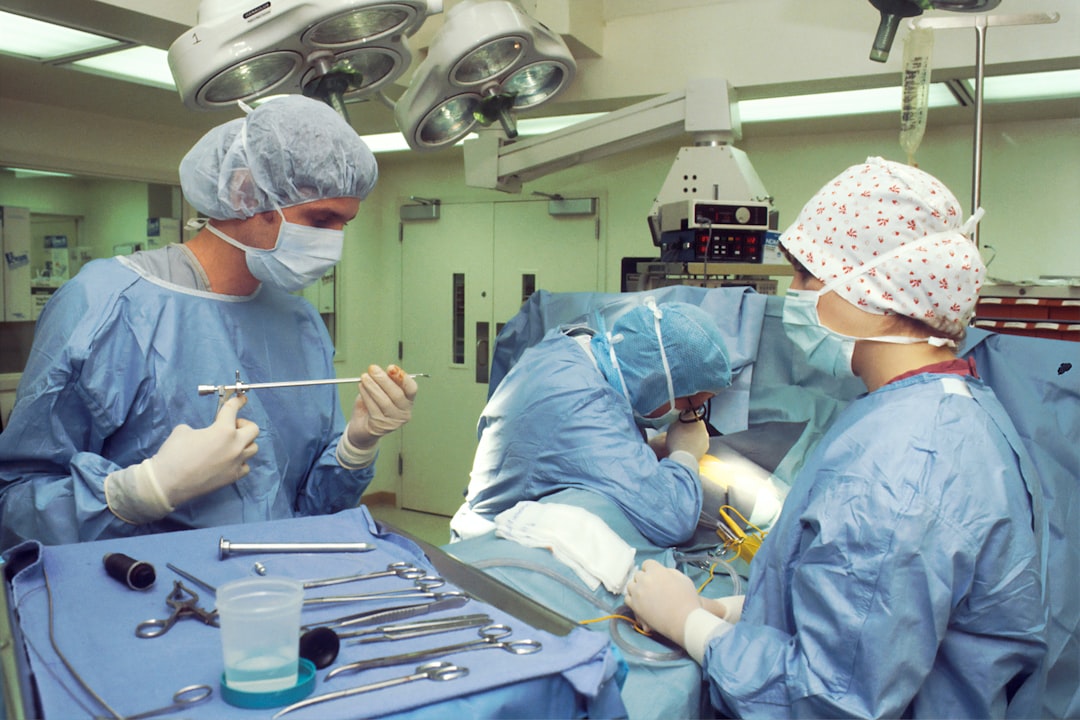What is it about?
The emerging evidence has demonstrated a causative role of neutrophil-derived alarmins (i.e., S100A8/A9) in aggravating cardiac injuries by induction of inflammation. As such, a deeper understanding of the biological functions of S100A8/A9 proteins would offer novel therapeutic insights. Here, the basic biology of S100A8/A9 proteins and their pleiotropic roles in cardiovascular diseases are discussed, focusing on heart failure. We also consider the evidence that therapeutic targeting of S100A8/A9 proteins by the humanized vaccine, antibodies, or inhibitors is able to town down inflammatory injuries.
Featured Image

Photo by Robina Weermeijer on Unsplash
Why is it important?
The critical roles for the activation of both the innate and adaptive immune systems in acute and chronic heart failure (HF) have been recognized for over 30 years. An excessive neutrophil count is identified as a valuable predictor of inflammation and is associated with a higher risk of adverse cardiac events in patients with HF. Our understanding of the effectors used by neutrophils to inflict proinflammatory actions needs to be advanced. Recently, an interleukin (IL)-1β inhibitor (canakinumab) was proven to reduce hospitalization and mortality for HF patients with an elevation of high-sensitivity C-reactive protein, which sparked new interest in this area, and novel therapeutic approaches with inflammation-inhibitory effects deserve further exploration.
Perspectives
It is encouraging that potential drugs in the form of humanized vaccines, antibodies, and inhibitors targeting S100A8/A9 have been well developed. Results from experimental models have been successfully translated into a safe dose range for clinical patients with some immune-inflammatory diseases. In the foreseeable future, HF patients harboring ‘cardio-inflammatory’ phenotypes could be identified by multiple biomarkers (S100A8/A9, neutrophil count, NETs biomarkers, et al.) or immunophenotyping (single-cell sequencing of circulating immune cells). Such HF patients might be the priority target group for the blockade of neutrophil-derived S100A8/A9.
Bo BAI
Southern University of Science and Technology
Read the Original
This page is a summary of: Pathogenic roles of neutrophil‐derived alarmins (S100A8/A9) in heart failure: from molecular mechanisms to therapeutic insights, British Journal of Pharmacology, December 2022, Wiley,
DOI: 10.1111/bph.15998.
You can read the full text:
Contributors
The following have contributed to this page










